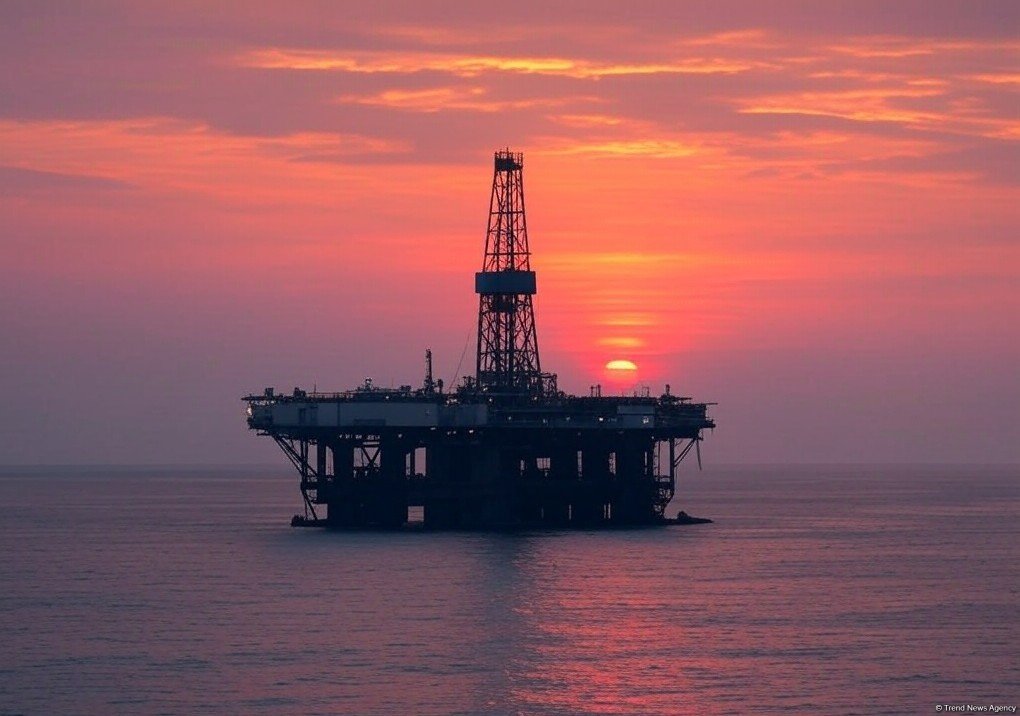BAKU, Azerbaijan, November 7. Oil production from offshore Brazil, Guyana, and Suriname, as well as Argentina’s Vaca Muerta shale, is well-positioned to provide cost-competitive barrels through 2030, according to a new outlook by Rystad Energy, Trend reports.
The firm projects that global oil demand will peak in the early 2030s at around 107 million barrels per day and remain above 100 million bpd through the 2040s before gradually declining to about 75 million bpd by mid-century.
Rystad Energy noted that non-OPEC+ supply will be crucial to balancing the market, with South America emerging as a central player. The region’s deepwater projects, particularly in Brazil and Guyana, are expected to deliver steady output even in a lower-price environment, offsetting slower U.S. shale growth.
“Nearly 60% of conventional under-development and discovered volumes, close to 5.9 million barrels per day, is expected from non-OPEC+ producers through 2030. South America will lead supply growth this year, adding over 560,000 barrels per day,” said Radhika Bansal, Vice President of Upstream Research at Rystad Energy.
By 2026, the region’s additions are forecast to exceed 750,000 barrels per day, supported by the increasing deployment of floating production, storage, and offloading (FPSO) vessels. ExxonMobil’s success in Guyana, with four FPSOs already in operation, underscores the region’s strong project execution capacity, though new discoveries have slowed to their lowest level since 2017.
Rystad Energy expects total upstream investment in South American oilfields to stay near $50 billion annually through the next decade, following a 10% rise this year. Brazil and Guyana will dominate new greenfield spending, while Argentina, Brazil, and Colombia will continue to drive brownfield development.
South America’s upstream sector, the report concludes, will remain pivotal to global energy security, with countries like Argentina, Guyana, Suriname, and Venezuela leading regional growth and others — including Brazil, Colombia, and Ecuador - sustaining strong export roles well into the 2030s.







